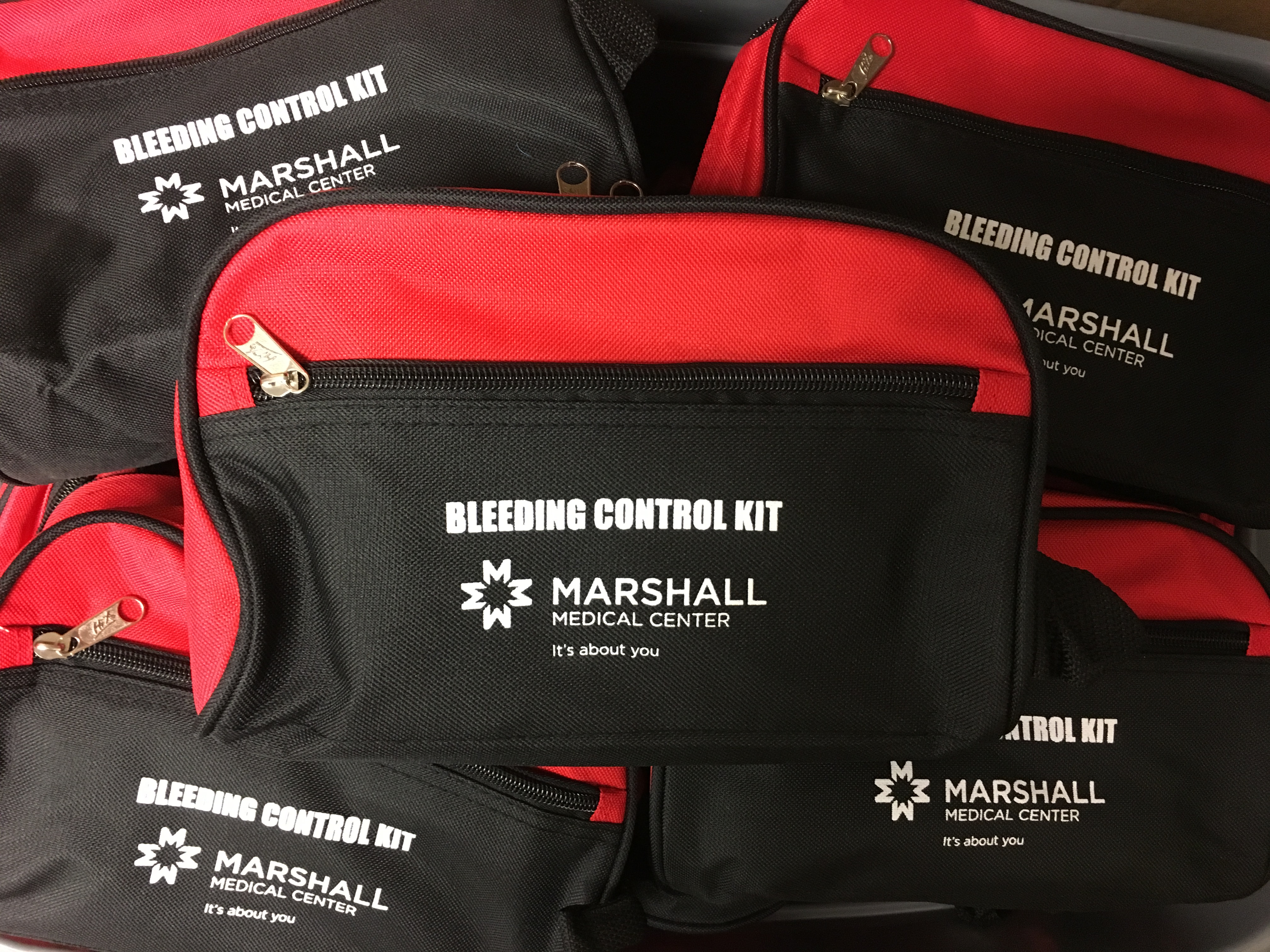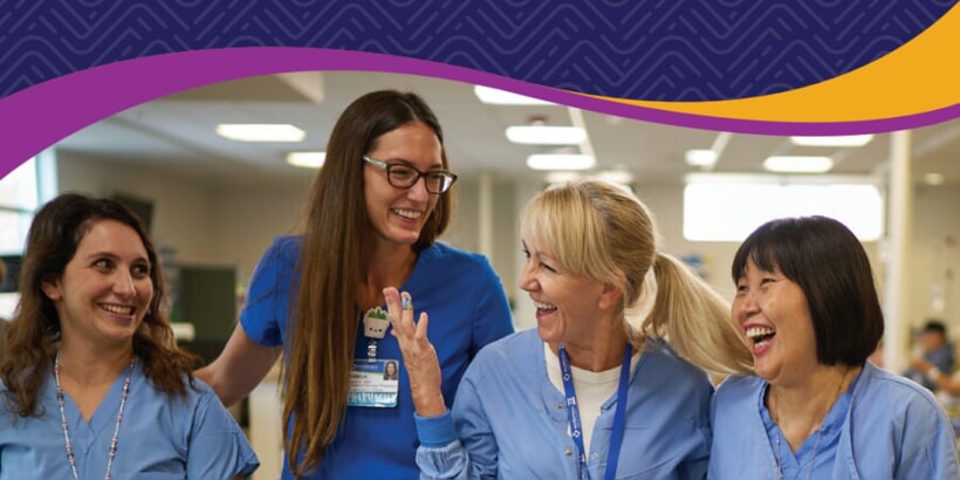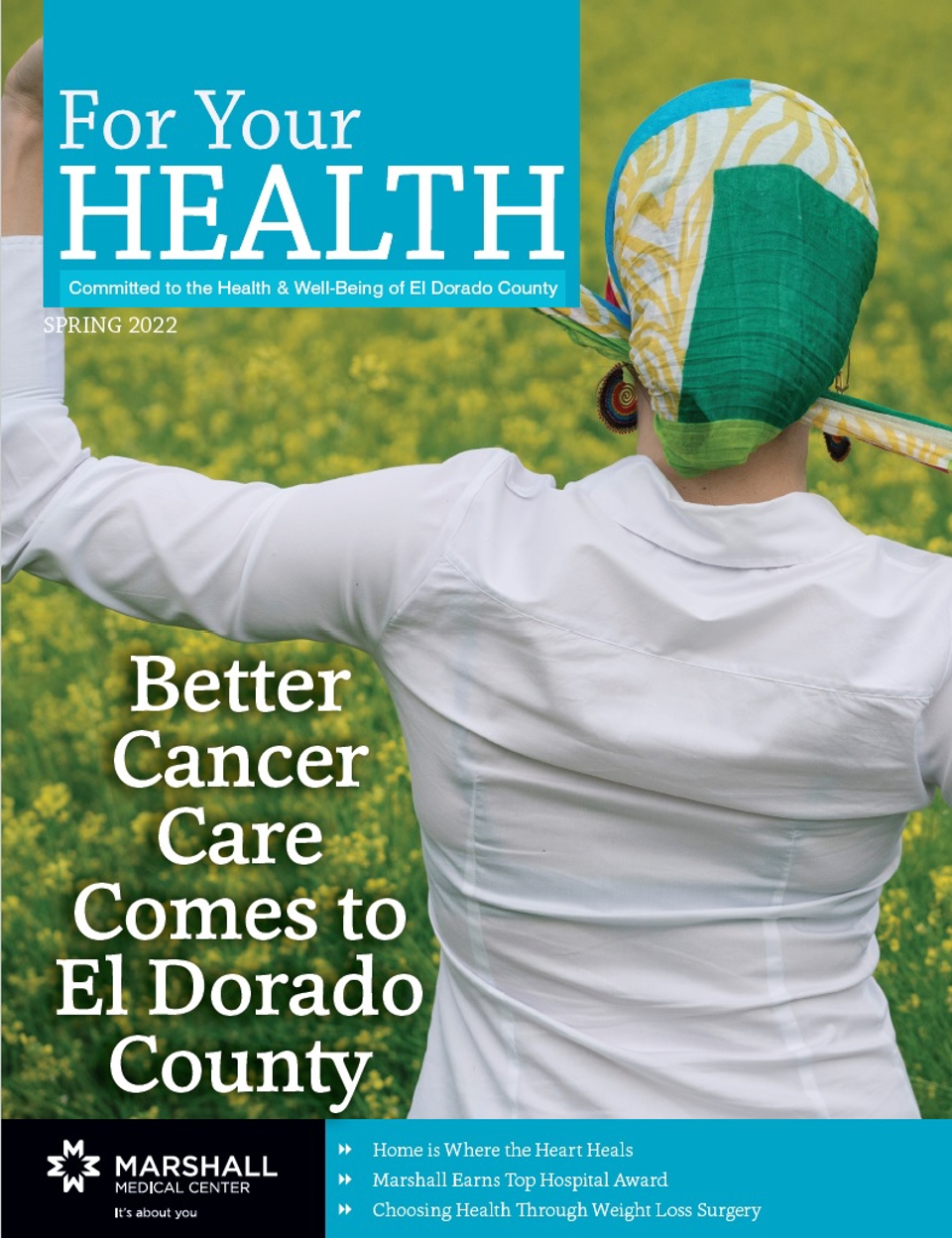May 23 is National Stop the Bleed Day. If you were at the scene of a casualty and needed to render care before emergency responders arrived, would you know what to do?
Through a national program called Stop the Bleed, Marshall is participating in a training program to prepare community members with knowledge on how to treat injuries caused by home accidents, motor vehicle accidents, active shooters, bombings, work-related injuries etc.
It’s important to understand that while the national average time for emergency responders to arrive is within six minutes, a person can bleed out in just three minutes. This program provides the training necessary for bystanders to provide interim care until those emergency responders are able to arrive and step in.
To date, Marshall has trained 22 staff members to be instructors for the Stop the Bleed program. These are EMTs, registered nurses and licensed vocational nurses who donate their time to teach members of our community how to stop the bleed. Funded entirely by a grant from the Richie Fund and the Marshall Foundation for Community Health, the program has trained 229 El Dorado County residents including students and teachers at local schools. The goal is to eventually provide training in all area schools.
Marshall is working with other agencies to help supply Stop the Bleed kits, tourniquets and training to all high schools and search and rescue volunteers in El Dorado County.
How to Stop the Bleed
It’s important to know the ABCs of stopping the bleed:
A – Alert: Call 911 or tell someone nearby to call 911 while you assist the patient
B – Bleeding: Open or remove clothing to find the source of the bleeding and identify life-threatening bleeding
C – Compress: Apply pressure on the wound. If you have a trauma kit, apply a tourniquet to the extremity wound. Stuff the wound with gauze or a clean cloth.
For more information about Marshall’s Stop the Bleed program, contact Jackie Richardson at jrichardson@marshallmedical.org or 530-626-2772






